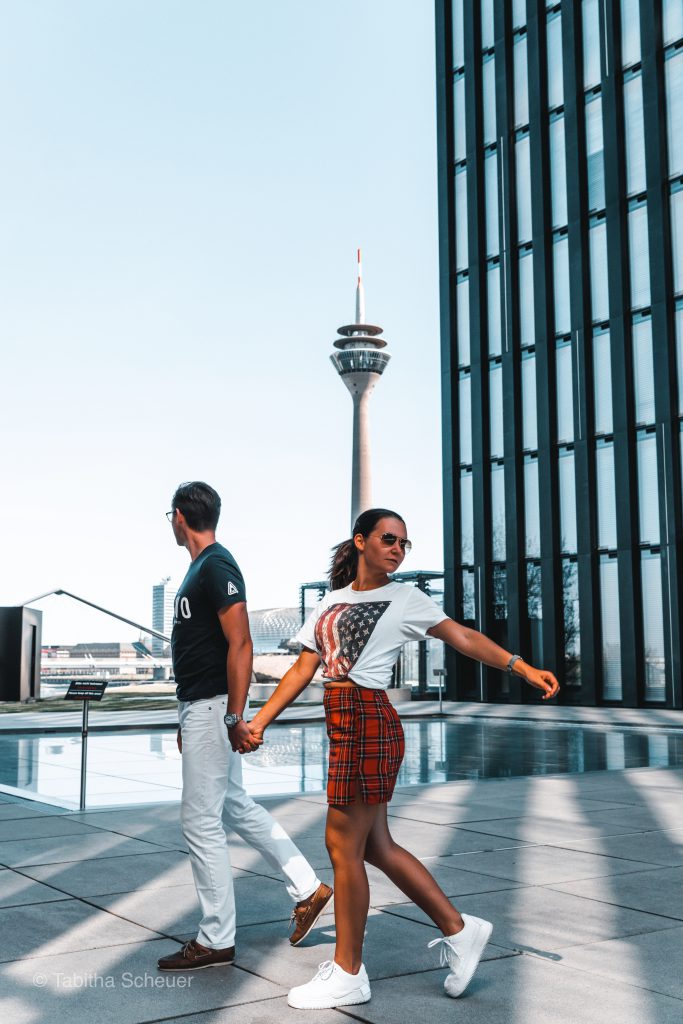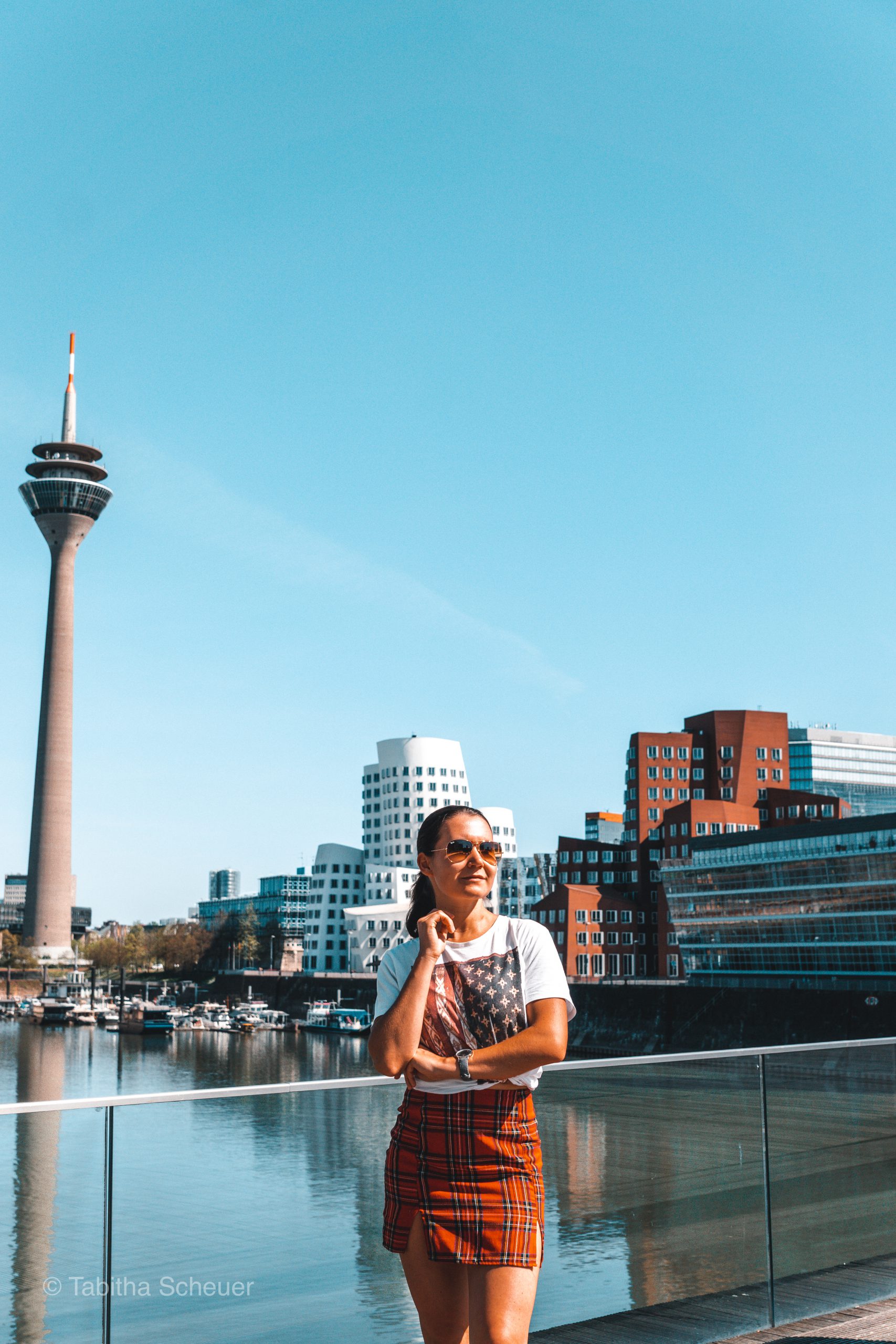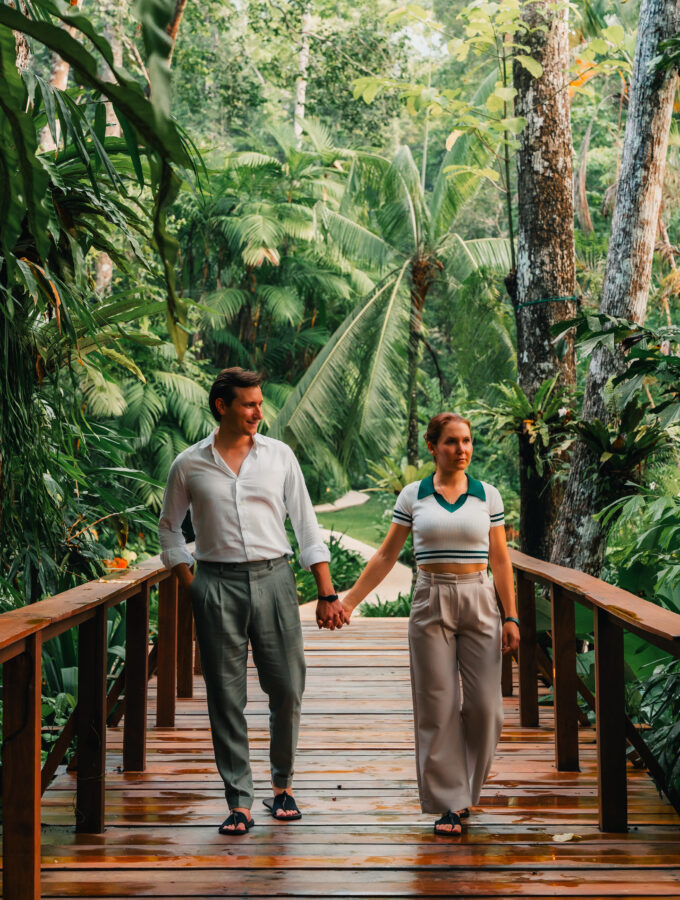When traveling, we all want to have the most authentic possible experience away from the tourist crowds. Instead of chilling out in an air-conditioned club complex by the pool, we want to immerse ourselves in foreign cultures, hike on paths that have not been trodden, experience genuine authenticity and get closer to the locals.
Because this is often easier said than done, this article will show you 15 ways in which you can immerse yourself in foreign cultures, make new contacts and learn from locals without having to put your foot in it.
Tips to get to know foreign cultures
#1 Educate yourself beforehand
If you do not want to offend, hurt or even violate laws abroad, you should take a look at the respective culture of the country and learn about customs, manners and codes of conduct before you travel.
Unfortunately, many tourists believe that language, clothing and food are the only features that distinguish their own culture from others.
However, did you know that in most countries in the Arab world, eating with the left hand is offensive? And that you should never touch another person’s head in Southeast Asia?
Luckily, today we live in a time when self-education is easier than ever. The Internet alone offers you countless serious opportunities to prepare for a trip – whether you are traveling as a couple, alone or as part of the LGBTQ community. You can easily find out what you shouldn’t do in other countries before you arrive.
#2 Don’t miss out on local food
Sad but true: McDonalds can be found everywhere in the world. If you want to make it easy for yourself, order burgers and fries with mayo and then later claim that you have traveled Asia for months and got to know a foreign culture.
Fast food chains with western food are not only more expensive, but you also miss a whole lot, because the easiest way to get to know foreign cultures is through food.
Stroll through markets, look for small restaurants in side streets, make sure that the menu is not available in multiple languages and that there is no tractor at the door that attracts tourists.
Be prepared that sometimes you can only communicate with gestures and one or two surprises will land on your plate, but it is precisely these experiences that make traveling so awesome.
In many countries, mainly in Asia, people simply eat on the street. Do the same with the locals and try out the local delicacies offered at the mobile sales stands.
Just try it out and adapt to the local cuisine as much as possible.
#3 Take a cooking class
If you want to go beyond trying local food and dive a little further into foreign cultures, you should definitely take part in a cooking class. Just visiting the market with a local and shopping for groceries is a real experience for the senses.
Afterwards, you will how to prepare the dishes and, in the best case, you will also gain some background knowledge. Finally, you will be able to eat your own masterpiece.
How to find good cooking classes
We took advantage of such an experience whilst being in Morocco where we were taught how to prepare a traditional Tajine for dinner. You can book these cooking classes with locals (e.g. via Airbnb Experiences) or you can simply look for notices in a supermarket, your hotel or ask for recommendations when staying at another accommodation.
#4 Have someone show you a location
Do you want to get to know a city in an authentic way and not just go through the tips of your travel guide?
Then, you should definitely have someone show you a location! For this one, you can – again – find a guide via Airbnb Experiences or get to know locals through platforms like Couchsurfing.
Alternatively, you can take part in official city tours, which are often even offered free of charge. Simply google „Free Walking Tour + Next Destination“.
What I can also recommend are topic-specific city tours, which focus on Food, Street Art, Lost Places or the like.
#5 Stay in homesteads instead of hotels
Staying with locals is an incredibly enriching experience. Instead of living in an anonymous hotel complex, you will be accommodated with a host family at home.
How does it work?
This can be for a long time, for example if you work as an au pair abroad and are properly integrated into a family, but it can also be just for one night.
Homestays offer you the opportunity to get a real insight into the everyday life of the locals. In the best case you can cook and eat with your host family, maybe learn the language and exchange ideas.
Couchsurfing
You can find similar concepts within the app couchsurfing, where hosts provide you with their couch or a guest bed free of charge. However, please pay attention to the house rules and the general feeling that you have with a host. It can also be helpful to look at the groups in which the host joined.
Airbnb
Airbnb is a bit more anonymous. Although you stay here in private apartments, the relationship with your host is often very impersonal, because here the focus is on the overnight stay and not the cultural exchange. Nevertheless, it’s oftentimes a cheaper and much nicer option than staying in a hotel.
Read also: Hideaways of Tibay Heights Airbnb Review
By the way, you can secure a discount for Airbnb with this link!
#6 Take a language course
Learn a new language on the spot. How about Spanish in Barcelona, German in Munich, English in Australia, Italian in Rome or a Mandarin course in China?
There are language schools around the world with different entry levels – from beginners to advanced. One of my friends did a two months program in London and went from beginner to advanced speaker really fast!
Apart from your teacher, you don’t really come into contact with the locals here, but you learn helpful vocabulary and phrases that help you conduct simple small talk, ask a stranger for directions or understand the menu card of a restaurant.
#7 Offer your help
Working abroad is a wonderful opportunity to take a look behind the scenes of foreign cultures.
How to work abroad
There are several options here. One of them is WWOOF, which stands for „World Wide Opportunities on Organic Farms„. Wwoofing means that you work as a volunteer on a farm and can live and eat with a host family for free. For up to six hours a day, you will be involved in everyday life on the farm. You can work as a harvest helper, milk cows, dig the garden, make fences, feed animals, etc.
I haven’t actually tested this myself, but I think that it’s a great opportunity for people searching for Work & Travel since you still have enough time to explore the surroundings when you work 6 hours a day.
Work & Travel
Alternatively, you can also take part in a Work & Travel program in which you are paid for your work as normal. Some of my classmates did this after we graduated from high school. One group even stayed in Australia for one year.
Volunteer
Another option is to volunteer for aid projects, i.e. cleaning beaches, grape harvesting or coffee harvesting. Incidentally, Haiti is still happy to receive volunteers, however, there are of course plenty of other options too.
#8 Read the local newspaper
Local newspapers not only provide you with the latest news that can be the basis for new topics of conversation, but you can also find out whether there are flea markets or public events where you can mingle with the locals. Daily newspapers and magazines are mostly available in hotels and cafés.
If you do not understand the language in your travel destination, 25 Hours Hotels provide you with an English one!
#9 Start conversations with locals
To get to know the locals, you should avoid typical backpacker districts. Talk to the taxi driver, the market woman from whom you buy your vegetables, ask a stranger about his favorite café or ask someone to take a picture of you. It is actually really easy to get in touch with locals once you’ve overcome the hurdle of responding.
When we were in Dominica, everyone used to greet us even though we were strangers on the island. Apparently, Dominicans are very friendly people and we took advantage of this. When someone greeted us, we asked ‚how are you?‘ and that’s on starting a conversation very easily.
You will notice that locals are often just as interested in getting to know foreign cultures and a conversation quickly comes about. Be brave, approach people openly and take the first step!
#10 Try hitchhiking
This tip does not apply to all countries in the world and is certainly not the right one for everyone. One country where hitchhiking is common is New Zealand, for example. Here the locals are used to backpackers standing on the street and being taken a few kilometers.
#11 Visit religious sites
Nothing says more about a country’s culture than its religion. When traveling, you should therefore visit temples and churches, synagogues and mosques and fully engage in the experience. Take your time to watch the believers in their rituals!
Tourists of foreign religions are welcome in most countries. Sometimes you can even attend ceremonies or at least be a silent observer. Please be advised that you are not allowed to visit a mosque in Morocco.
#12 Attend events
Events of all kinds provide the perfect setting to get in touch with locals and get an insight into their culture. Visit festivals and concerts, for example, and get carried away.
How do people celebrate and dance? What music do they listen to and how do they dress?
Religious celebrations such as Chinese New Year in Bangkok’s Chinatown, New Year’s Eve in Singapore or Christmas in London can also be absolutely exciting and completely different from what you are used to from your own culture.
#13 Watch the everyday life of the locals
Diving into foreign cultures often happens just like that in everyday life. Observe how the locals behave and imitate them. Shop at the local supermarket, try new products and learn.
Does everyone ride the scooter? Borrow one too and explore the area on your own.
Whenever we visit a new destination, I am always dying to see the local supermarkets and I love learning about other people’s habits: Do they buy different things than we do at home? What are they eating for lunch or which snacks do they pack?
#14 Visit places of production
By visiting places where locals produce something, you not only get to know the culture of the country better, but you also often support small, regional production companies.
In many places there are even courses, such as pottery or jewelry making. With this you also support the locals and learn a lot about their culture in conversation.
#15 Use public transportation
Instead of being driven around the area in a taxi, you should opt for public transport, as the locals do. In most cases, this takes a lot longer, but it is significantly cheaper and much more fun.
We used the public transportation in Dominica and had some very nice conversations with the bus driver and other people!
Liked this post? Pin & Share it with others!
















When I travel, I love to immerse in different cultures. Your post is perfect for people who are still beginners and want to do the same but do not really know where to start!
Thank you! That’s the best feedback one can get tho 🙂
I really hope that people will get to know foreign cultures better in the future and do not just visit the top sights a city or country has to offer.
I hope so too!